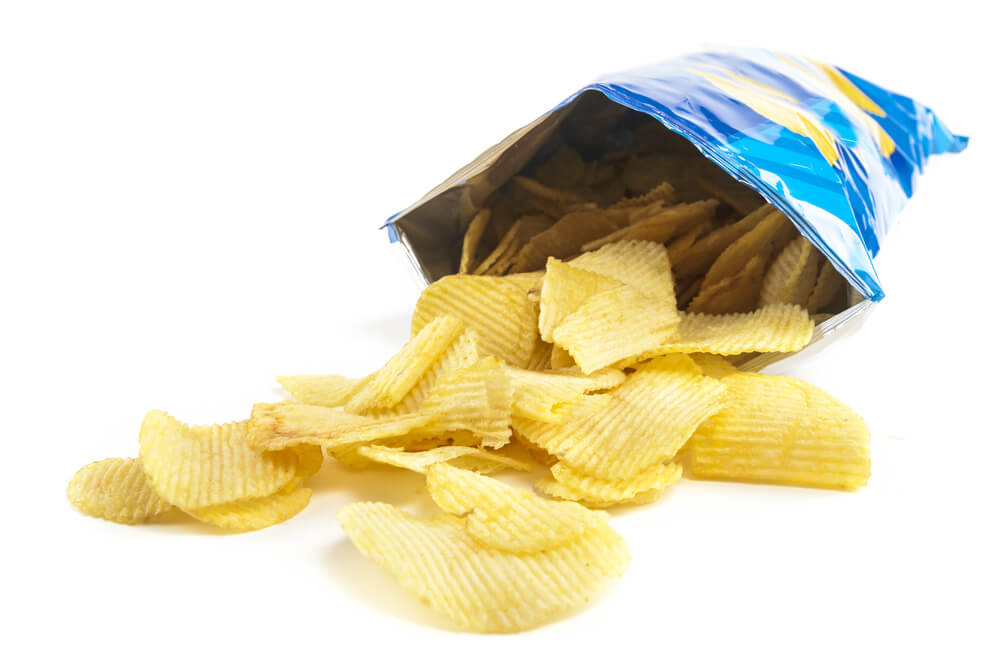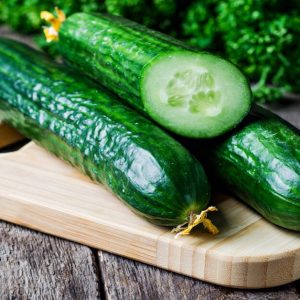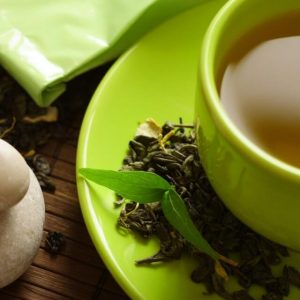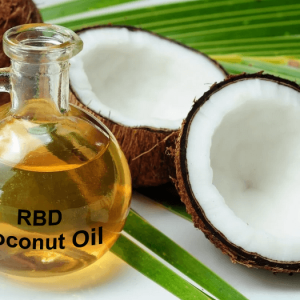
Could your favourite snack be sabotaging your health? Almost everyone loves the taste of a potato chip. I was addicted when I was younger and still consumed processed foods. My favourite was all-dressed ruffles or the weird little puffed corn called “twists.” Little did I know that my potato chip addiction was causing more harm than the subtle weight gain I put on over the years.
This harm is not something added to the potato chips by the potato chip companies themselves (although that’s a whole other story in itself – the chemicals and other processed additives in chips and other junk food is another major cause of ill health), but it is in fact a naturally occurring compound that is released in carbohydrate-rich foods when they are heated to high temperatures. This compound is known as acrylamide.
Acrylamide, a by-product of processing, has been defined by the World Health Organization (WHO) as a known neurotoxin to humans and has been proven multiple times to cause cancer in animals. Acrylamide is released when we bake, roast, or toast any carbohydrate rich food above 120 degrees Celsius. These foods can range from root vegetables like potatoes, carrots, and beets to grain based products like bread, muffins, and loafs. It doesn’t matter what shape it takes – if it is carbohydrate rich and it is being heated to high temperatures, acrylamide will be released. When the food item starts to turn a little brown/yellow and dry, you can be sure that acrylamide is starting to release! In fact, even ground roasted coffee beans contain acrylamide.
Acrylamide is actually added to our water (another reason to forego tap water and consume reverse osmosis or natural spring water instead). Federal regulators limit the amount of acrylamide in our water to a relatively safe amount of 0.12 micrograms per one 8oz glass of water. Taking this into consideration, now imagine a small 6-ounce serving of French fries. These bad boys pack in a whopping 60 micrograms of acrylamide, an amount 500 times higher than the allowable limit!
Now aside from French fries, let’s turn our attention to the champions of acrylamide – potato chips! These suckers are heated to incredibly high temperatures when being processed. The higher the temperature, the more acrylamide release. In fact, in 2005, the state of California actually sued potato chip makers for failing to make consumers aware of the levels of acrylamide in their products. In 2008, Frito-Lay and a couple other potato chip companies finally settled on an agreement to keep acrylamide levels in their chips below 275 parts per billion (ppb), an amount low enough without needing a warning label on the package.
The Environmental Law Foundation (ELF) of California tested a variety of chip products in 2005 and found every potato chip product to exceed the legal limit by 35 times, with some products ranking as high as 910 times! Those that ranked highest were Cape Cod Robust Russet and the all-famous Kettle Chip.
Baking carbohydrate rich foods is even more worse than frying, according to the U.S. Food and Drug Administration (FDA). They say that baked chips and other potato products may contain as much as three times the amount of acrylamide as found in regular fried chips!
It is also important to realize that acrylamide is not the only chemical released during cooking at high temperatures. Over 800 of these compounds called Heat-Generated Food Toxicants (HEATOX), have been defined by the EU in a 3 year long study, 52 of them being identified as possible carcinogens. Some of the most well-known high-temperature generated food toxins include:
Heterocyclic Amines (HCAs): formed when meat is cooked at high temperatures. Highly carcinogenic, especially when the meat is charred and blackened in some sections (if you consume meat, it is highly advised to avoid these sections and to avoid charring your food).
Polycyclic Aromatic Hydrocarbons (PAHs): created when fat drips onto the heat source, and causes a smoke reaction. This smoke then surrounds the meat, and can transfer the cancer-causing PAHs into the food source.
Advanced Glycation End products (AGEs): these guys accumulate in your body if you consume a lot of food cooked at high temperatures, including those which are pasturized (fruit juices, milk, etc.) or sterilized. A body with a high concentration of AGEs will eventually experience things such as inflammation, heart disease, kidney disease, diabetes, etc. as a result of an overload of oxidation & free-radicals.
An easy way to avoid these chemicals is to avoid all processed foods which are cooked at incredibly high temperatures to ensure minimal or no bacterial growth what-so-ever. Cooking at home is also a much safer bet to knowing how high your food is being cooked and ensuring these chemicals do not naturally leak out of your food.
Eating high raw, plant based, is another sure way to completely eliminate these naturally occurring chemicals from your diet! I personally consume a 100% raw plant based diet and haven’t felt better! Read my story HERE! It may take you a little while to switch from your current eating style to a diet devoid of processed, cooked foods, but making a day to day effort in eliminating the worst offenders (French fries, chips, donuts, cereal, etc.) is usually a great way to start!
If you really want to take charge of your health but still miss the potato chip crunch, you can even make your own raw, homemade potato chips which taste pretty similar to the real thing! Simply follow the recipe below!
Homemade “Potato Chip” Recipe:
Ingredients:
– Jerusalem artichokes, thinly sliced
– zucchini, thinly sliced
– beets, thinly sliced
Method:
1. Take the above vegetables and slice them into 1/4 inch thick rounds. Toss with some lemon juice and different herbs and seasoning (for example, you could toss with some cayenne pepper, curry, black pepper, cumin, or anything else that sparks your imagination).
2. Next, place these vegetable rounds onto a Teflex dehydrator sheet and place in the dehydrator for 8-12 hours at 115 degrees Fahrenheit or until crisp and crunchy!
3. Alternatively, you could place in the oven at the lowest temperature with the door open and dehydrate this way for a couple hours (under supervision. Don’t leave oven unattended when open).








So are you saying to not eat potatoes unless they are raw?
Steaming/boiling is fine.